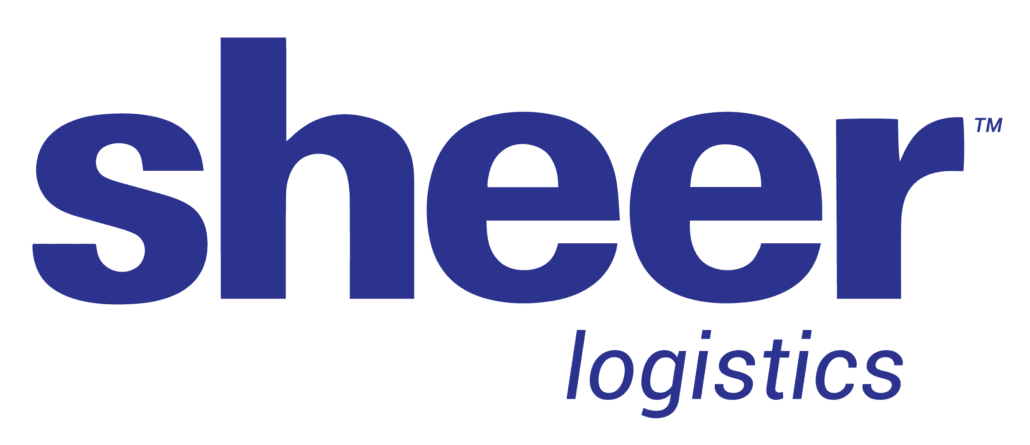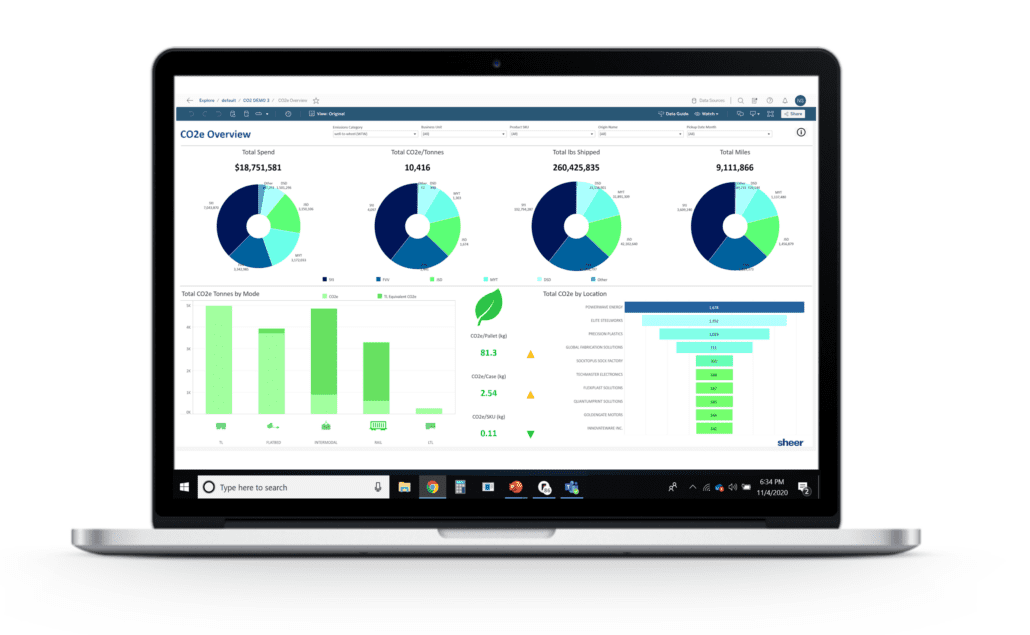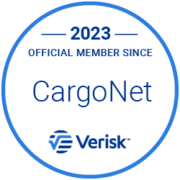Understanding Supply Chain Regulation
Supply chain regulation is a broad topic, spanning the laws, standards and industry norms established by governments, regulatory bodies and trade organizations. Supply chain regulations are intended to promote fair and ethical business practices, protect consumers, support sustainability goals, and safeguard human rights. These regulations are often global in scope, but can vary by country, state and municipality, so it’s critical for companies of all sizes to understand the regulatory environment in the countries in which they do business.
Industry Standards and Government Regulations Impacting Supply Chains
Global supply chain regulations can be confusing; here are five key types of regulations that you need to be familiar with to assist you in mitigating risk and avoiding disruption.
International Trade Regulations
International trade is subject to a variety of rules, customs duties (taxes levied on goods that are transported across international borders), tariffs (a tax on specific types of imported or exported goods), and import/export restrictions. For example, the US-Mexico-Canada Agreement (USMCA), which is intended to promote the free flow of trade across North America, contains numerous provisions that companies must meet in order to avoid penalties and delays in cross-border shipping.
Understanding trade sanctions (economic restrictions that limit trade with a country or entity to influence their behavior or punish them for violating international norms) and embargoes (a complete prohibition on trade or other economic activity with a particular country or group) is critical for successful global supply chain management and avoiding costly fines and sever trade restrictions. In the U.S., companies are required to comply with the Office of Foreign Assets Control (OFAC) regulations, which restrict business dealings with specified nations and individuals. The World Trade Organization (WTO) also governs international trade and handles the resolution of international trade disputes.
ESG (Environmental, Social, and Governance) Standards
ESG standards evolved from the concept of Corporate Social Responsibility (CSR) and are a relatively new set of guidelines and regulations intended to promote sustainability and ethical corporate governance. The European Green Deal is a set of policies that aims to make the European Union (EU) climate neutral by 2050, with regulations which cover climate, energy, transportation, industry, agriculture, and more. In the U.S., the Securities and Exchange Commission (SEC) has adopted new rules that require public companies to disclose climate-related information in their annual reports and registration statements. At the state level, California Governor Gavin Newsom recently signed a new law requiring companies with more than $1B in revenue that operate in California to report both direct (Scopes 1 and 2) and indirect (Scope 3) emissions. Failure to comply with these regulations can result in legal ramifications.
Not all ESG standards are compulsory; voluntary standards such as the Global Reporting Initiative (GRI) and the Carbon Disclosure Project (CDP) provides frameworks that companies can use to support progress toward their sustainability goals. Aligning with these voluntary standards helps companies to signal their commitment to ESG standards to customers and investors.
Product Safety and Quality Regulations
Product safety and quality regulations are another important area of supply chain regulation, particularly for companies in the food and beverage, pharmaceutical and consumer goods industries. The U.S. Food and Drug Administration (FDA) and the Consumer Product Safety Commission (CPSC) enforce regulations that ensure products are safe to use and consume. For many food and beverage and pharmaceutical products, ensuring the integrity of the cold chain is a primary concern and a key to ensuring product safety and efficacy.
Global business must also comply with international frameworks such as the European Union’s CE marking, which signifies that a product has met EU safety, health and environmental impact requirements. ISO, the International Organization for Standardization, maintains numerous standards (known by their ISO number) governing everything from Quality Management (ISO 9001) processes to Medical Devices (ISO 13485) to ensure product safety and reduce risk.
Data Privacy and Security Regulations
Supply chain digitalization has introduced new regulatory concerns, particularly with regards to cybersecurity and data privacy. As businesses collect increasing amounts of data, including sensitive personal data and proprietary business information, they become more vulnerable to cyberattack, and the potential ramifications of such attacks become more sever. In response, governments have established data regulations, such as Europe’s General Data Protection Regulation (GDPR) and California’s Consumer Privacy Act (CCPA), which establish strict rules governing how companies collect, store and utilize potentially sensitive personal data. Non-compliance can trigger large significant fines, a loss of consumer trust, and significant brand reputational damage. As supply chains become more intertwined and cybersecurity concerns have proliferated, partners throughout the value chain are also requiring the companies they work with to implement cybersecurity measures that can protect the entire supply chain from disruption.
Anti-corruption and Bribery Regulations
A complex global supply chain can often lead to a lack of transparency with regards to sourcing, procurement, and distributors. Business leaders must monitor and safeguard their supply chain against corruption, bribery, and other illegal business practices that threaten to impact legal compliance, introduce risk and potential disruption, compromise operational efficiency, undermine the company’s professional reputation and negatively impact the financial health of the business. While bribery may be culturally tolerated in some countries, anti-corruption laws such as the U.S. Foreign Corrupt Practices Act (FCPA) and the UK Bribery Act harbor no such allowances. Compliance programs, internal audits, and due diligence efforts are essential in preventing violations that could result in severe fines or reputational damage.
Best Practices for Maintaining Supply Chain Compliance
While navigating supply chain regulations can seem daunting, there are tried and true best practices that any company can benefit from implementing:
Maintaining compliance with supply chain acts and regulations is essential for safeguarding your business and maintaining your competitive advantage. From international trade rules to ESG standards and data privacy laws, understanding and adhering to these regulations protects your company from legal risks, supply chain disruptions, and reputational damage. By implementing best practices such as regular audits, employee training, and leveraging technology, you can navigate these challenges and ensure compliance across your supply chain. With experience across various industries and continents, Sheer Logistics is here to guide you through the regulatory landscape, helping you maintain an efficient and compliant supply chain.









